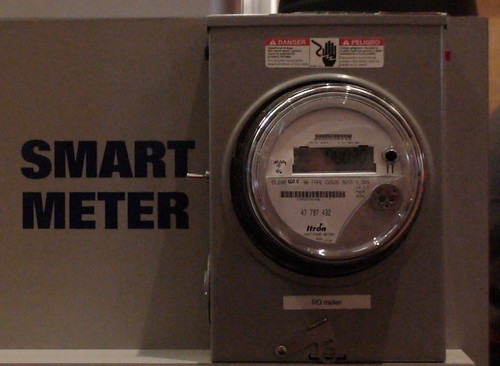1E have released a significant update to NightWatchman, their computer energy saving software.
I have written about 1E and their NightWatchman energy saving software several times previously but because of the update, I thought them worth another post.
First a bit of background – NightWatchman is an application which allows system administrators managing computers to also manage and reduce their energy use. It does this by powering down computers remotely and automatically overnight and at weekends, thereby reducing their energy consumption and CO2 emissions. Ford has already announced that it is saving over $1 million per annum having rolled out NightWatchman.
So, what have they added to the application in version 6?
- well, they have added a web-based, configurable, enterprise dashboard to give a high level view of power use and energy savings across an organisation
- they also added location-based energy tariffs specific to geography and utility to make for more accurate reporting
- they beefed up the sleepless client detection to shut down safely machines which are resisting being shut down
- they added multi-lingual support (French and German for now, with Spanish in the works) and
- they have a native Mac client allowing control of computers, be they Windows or Mac based, from within a single console
1E have a stellar client list, a very simple proposition (we’ll help you manage turning off & on your computers to help save energy) and they have just significantly improved the product – what’s not to like?
And before I forget, the other news that 1E are announcing is their latest client, the insurance group Aviva, is rolling out NightWatchman across their 30,000 UK-based PCs – nice win for 1E!



